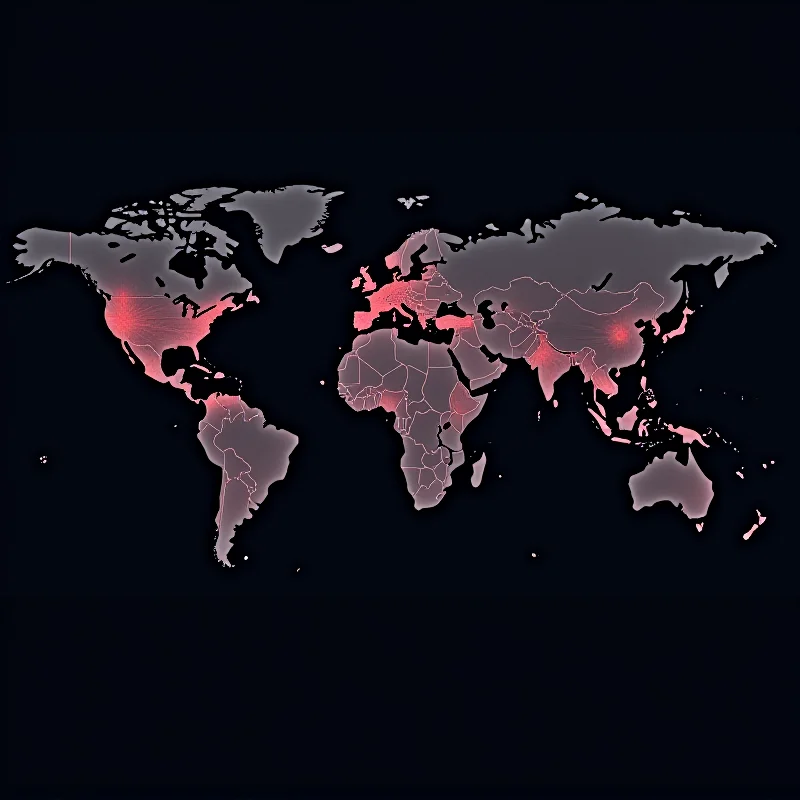Recent news cycles have been dominated by stories of alleged data breaches, public oversight concerns, and international relations, painting a complex picture of the challenges facing governments and citizens alike. From Europe to South America and Asia, these issues are prompting scrutiny and raising questions about accountability.
Data Breach in Belgium
Belgium has officially accused Chinese hackers of stealing sensitive state security data. Justice Minister Annelies Verlinden confirmed that a lawsuit has been filed with the Public Prosecutor's Office. This incident has sparked significant concern over the security of government information and the potential for international espionage. "We are taking this matter extremely seriously," stated Verlinden in a press conference. Beijing, however, denies any responsibility for the alleged hacking.

This isn't an isolated incident. The increasing sophistication of cyberattacks highlights the vulnerability of even the most secure systems. The Belgian government is now working to strengthen its cybersecurity infrastructure and investigate the full extent of the breach.
Public Oversight in Spain and Brazil
Meanwhile, in Spain, Ineco, a public company, has provided documentation to the Anti-corruption Prosecutor's Office regarding the hiring of Jessica R., the ex-partner of Ábalos. The documentation includes evidence that she produced weekly work reports. This case has raised questions about transparency and potential conflicts of interest in public contracting processes.
Across the Atlantic, the São Paulo Public Prosecutor's Office in Brazil is under scrutiny for different reasons. The office has introduced a regulation to formalize how internships for law students are counted in order to qualify for paid perks ("penduricalhos"). This move has sparked debate about the fairness and appropriateness of such benefits. Additionally, the Consumer Prosecutor's Office of MP-SP has notified Aneel, the electricity regulatory agency, to address numerous complaints regarding excessively high charges on Enel Brasil's electricity bills. "Consumers are facing unacceptable burdens," stated a representative from MP-SP.

International Relations and Human Rights
Adding another layer of complexity, Thailand has stated that its deportation of Uyghurs was motivated by a desire to avoid retaliation from China. Human rights groups have long accused Beijing of widespread abuses against the mainly Muslim Uyghur minority. This situation underscores the delicate balance that countries must strike between national interests and human rights concerns.
These seemingly disparate events – a data breach in Belgium, oversight concerns in Spain and Brazil, and a controversial deportation in Thailand – highlight the interconnectedness of global politics and the ongoing challenges of maintaining security, transparency, and ethical governance.

As these situations continue to unfold, the international community will be watching closely to see how governments respond and what lessons can be learned to prevent future incidents.
